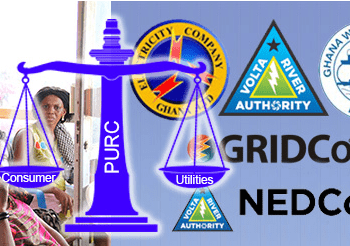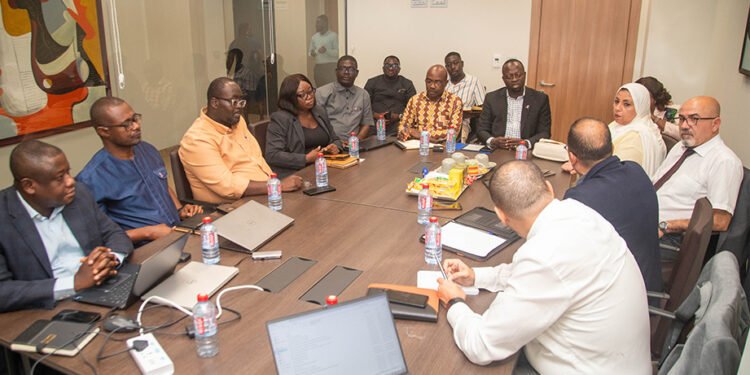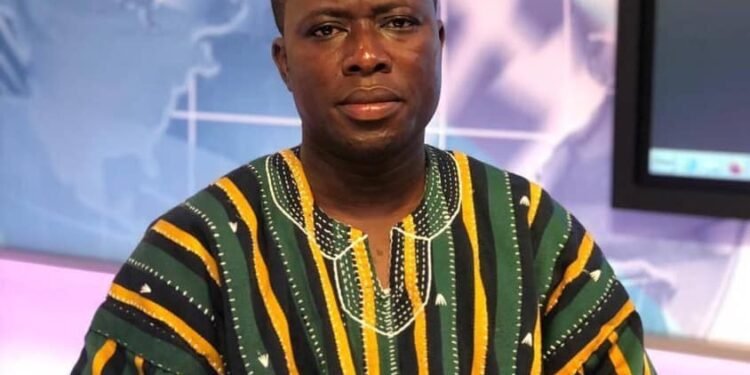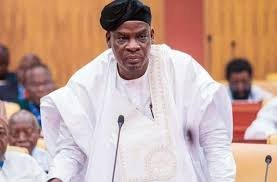Concerns about climate change and the future of Ghana’s fossil fuel production have prompted the adoption of an innovative financing tool aimed at driving welcome developments in the upstream oil and gas industry.
The Reserve-based lending (RBL), is a commonly used financing model in the oil and gas industry, mostly by oil corporations. This type of lending was used by Tullow Oil, in its recent $1.8 billion bond financing. It is a type of asset-based lending (ABL) where a loan is secured by the undeveloped oil and gas reserves of a borrower. The facility is repaid using the proceeds that derive from sales in the field or portfolio of fields in production.
According to Fieldfisher, a UK-based research firm, debt financing models such as reserve-based lending, as well as other financing strategies including equity financing, private capital, production based financing will still be relevant in the long term as a source of financing amid the ongoing energy transition. But, this is not without risks as these forms of financing continue to remain squeezed within the portfolio of funds available for the industry.
Countries such as Mexico, having anticipated this earlier have mounted confidence in reserve-based lending as a means of financing for their upstream oil and gas industry. Mexico has sought to boost crude output from 1.7 million barrels per day (b/d) to 2.4 million b/d by 2024 through reserve-based lending.
This could be a panacea for Ghana to boost its crude output from the meagre 150,000 b/d to as high as 500,000 b/d previously highlighted in 2019. However, delaying the use of this financing model constricts the possibilities for reaching this feat in the medium-to-long term.
The truth of the matter is that continued funding for oil and gas projects is currently in line with the energy transition, in that, modern consumption behaviours are still heavily dependent on fossil fuels from aviation to sea transport, car manufacturing, mining, electricity, etc. Besides, oil products have been crucial for dealing with the pandemic too, from protective gear for emergency staff to the lipids that are part of the Pfizer and Moderna vaccines.
However, very strangely, investments into oil products such as natural gas which has been touted as part of the move towards a just energy transition among fossil-fuel producing African economies such as Ghana are being targeted by climate change activists too with recent law suits filed to halt investments of such kind.
Investments into Cleaner Fuels Face Antagonism
Recently, Friends of the Earth, an environmental group, sued to block a $1.15 billion UK loan for the Mozambique liquefied natural gas project. The project’s total cost of $20 billion is 50 per cent more than the country’s gross domestic product.
Thus, it is very clear, how the energy transition is having a profound impact on oil and gas financing, as investors and lenders respond to public pressure to wind down fossil fuel extraction.
Meanwhile, this lies in the face of an irony, that, even coal which is regarded as the dirtiest of fossil fuels is expected to reach an all-time high in 2022, and this is likely to derail net zero targets, according to the International Energy Agency (IEA).
The IEA’s Executive Director, Fatih Birol is cited to have said: “Coal is the single largest source of global carbon emissions, and this year’s historically high level of coal power generation is a worrying sign of how far off track the world is in its efforts to put emissions into decline towards net zero.”
In reality, the majority of fossil fuels in the ground will be left unexplored and undeveloped but a restriction of production in one place causes it to appear somewhere else. While Ghana and a host of African countries may be short of capital; the leading resource holders in the Middle East, China, the US, Canada, Australia and Russia are not. Thus, African countries are definitely not in the league of these nations to be singing to the same tune of leaving their fossil fuels in the ground.
Another problem that remains is that Ghana, like its African counterparts intend to continue exporting its hydrocarbon resources in the coming decade and beyond to Europe and US and not for local markets. Besides, these countries have begun processes such as imposing carbon tariffs on exported fossil fuel products which threaten these investments. This has negative repercussions on the country’s benefits in the long run.
Indeed, there is nothing wrong about developing and using fossil fuels and there is also nothing wrong about solving energy poverty and energy security issues using fossil fuels. The challenge is seeing the peculiarities of African economies in the ongoing energy transition and making available the investment needed to drive the needed growth and prosperity.
READ ALSO: Ghana, Pacesetter in Covid-19 Management- Dr Yankson























